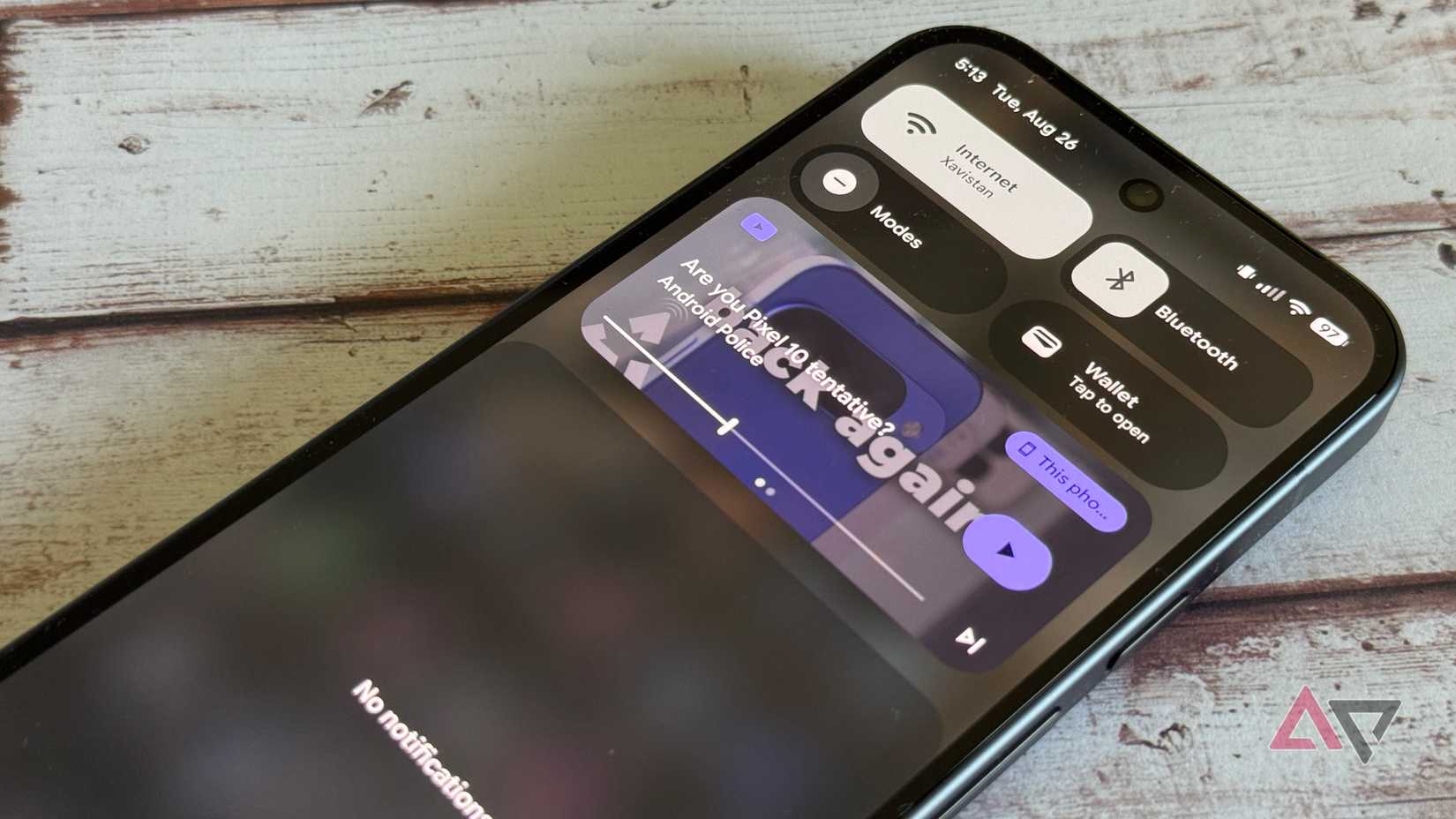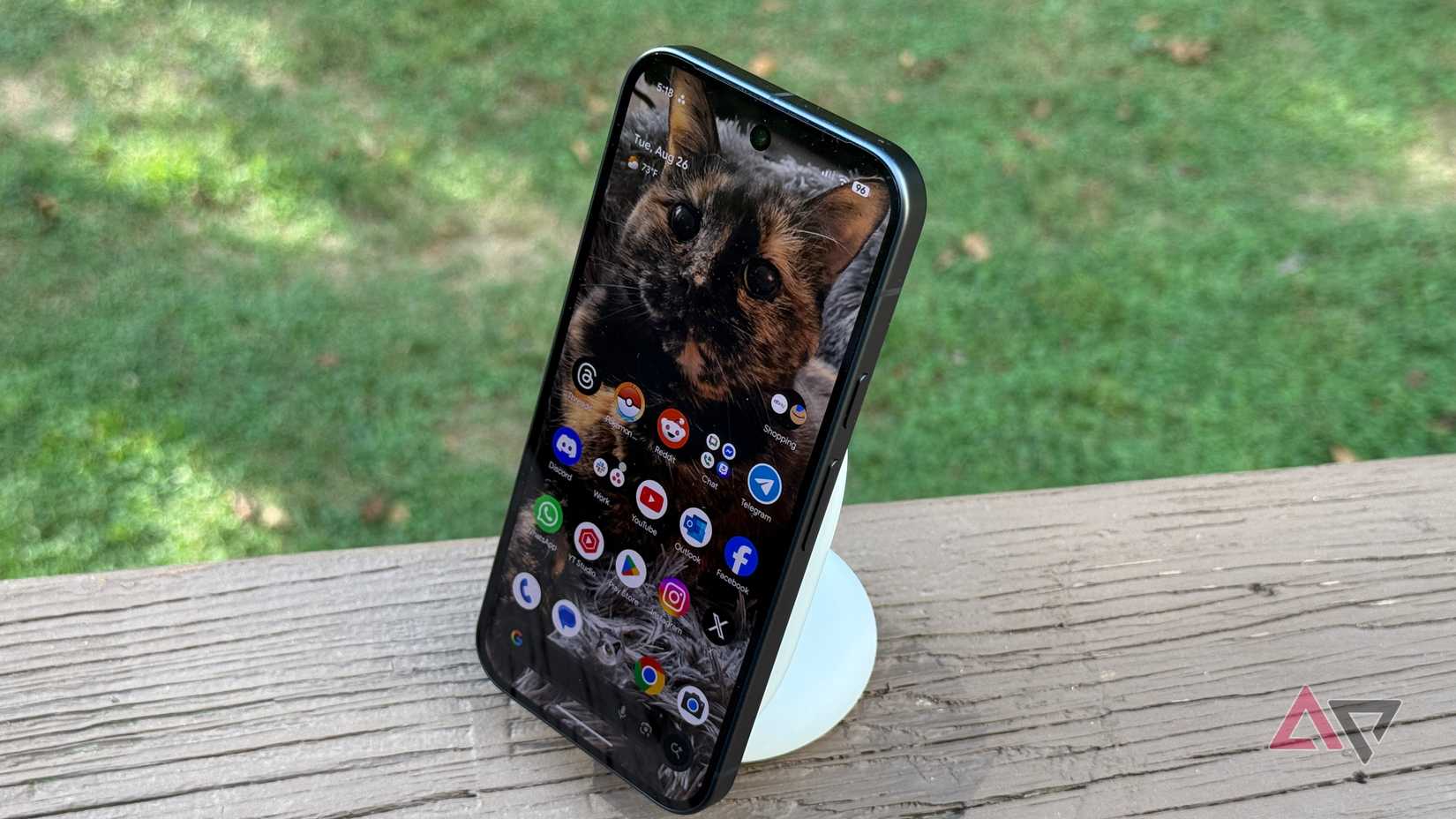I can’t stand benchmark comparisons. It’s the most ridiculous way to decide which new smartphone to buy, and it’s almost never an actual indication of real-world performance.
I’ve never mentioned benchmarks in a review, and I never will. I don’t need a Geekbench or Antutu score to tell me what I can see with my own eyes.
It’s especially frustrating when discussing Tensor chipsets. Everyone is always quick to jump on the bandwagon, highlighting any number of chipsets that benchmark better.
This year, I’ve seen the most ridiculous of all. A benchmark score shows that a five-year-old iPhone 11 is more powerful than a Pixel 10. It’s utter nonsense, and it needs to stop.
Google isn’t trying to win that race
It’s not like the company can’t make a more powerful chipset
Judging Tensor chipsets on benchmarks is disingenuous. It’s like criticizing someone for not winning a race they never entered.
If Google wanted to fit its devices with a more powerful processor, it could, but that’s not the user experience the company wants to focus on.
We’ve seen Pixels with flagship Snapdragon SoCs, and the result was always the same. Google felt like an also-ran, losing out whenever it competed with Samsung and others on a spec-for-spec basis.
I wouldn’t recommend picking up an iPhone 11 in 2025, but I could see a scenario where a Pixel 10 is a viable option five years from now.
Google is focused on a smooth user experience, and the returns have been excellent. Despite a rocky start with Tensor, the most recent crop of Pixels has been fantastic.
Starting with the Pixel 8 Pro, I’d put Google’s Android experience up against any other phone maker, even those using more powerful chipsets.
Benchmark numbers often overestimate the actual power required. Instagram can only open so quickly, and as long as I don’t experience undue slowdowns or lag, I’m happy.
Pixels aren’t the phones you buy if you edit 4K video on your device or play Genshin Impact all day, and Google’s fine with that.
A smartphone isn’t just a chipset
Ignoring other areas that have value
Relying solely on benchmarks to make a smartphone buying decision ignores the other facets of the device. Software plays a significant role, and Google has tailored its Tensor chipset to perform well with on-device AI tasks.
The results speak for themselves, and I’ve enjoyed snappy Google Gemini performance so far on my Pixel 10. Unless you conduct further benchmarks to measure AI performance, it’s not a fair comparison between chipsets and devices.
It’s also not an accurate apples-to-apples comparison. If you load up an iPhone 11 with iOS 18 and try to open Instagram or play the same games, you’ll notice significantly better performance on the Pixel 10.
Software optimization matters, and today’s chipsets are designed to be supported for longer.
Google’s computational photography is excellent, and the Tensor G5 includes ISP improvements. Night Sight photos are fantastic, and I’d take the image processing we get today compared to chipsets from years ago.
The straight-line speed may not be noticeably faster by comparison, but there are numerous ancillary upgrades that make the Tensor G5 a significantly better SoC than older Apple Silicon.
Better battery life and longer software support
A Pixel 10 might actually be viable in five years
I wouldn’t recommend picking up an iPhone 11 in 2025, but I could see a scenario where a Pixel 10 is a viable option five years from now.
It’ll still be receiving software support, and Google will at least have to make an effort to optimize the software experience for older hardware.
I’m not saying it will be the speediest experience, but I love the thought that people can use their devices longer.
Newer chipsets are more power-efficient. A few years ago, five or six hours of screen-on time was considered sufficient for flagship devices. Now, that number is almost two days of use on a single charge, no longer measured in hours.
I recall using an iPhone 11, and the A13 Bionic chipset never managed to deliver more than a day of battery life on a single charge.
Mentioning only headline benchmark figures discounts the other improvements Google has made.
I hope we can end these useless comparisons
I’m all for having a legitimate discussion about Google using Tensor chipsets in its smartphones. I disagree with users who suggest that Google should revert to using Snapdragon SoCs in its devices.
Google has a unique approach to building value in its smartphones, and it’s starting to pay off. Yes, I’d love for the Pixel 10 to have better gaming performance, especially for a flagship device, but that doesn’t seem to be the case.
So while we can debate whether the Tensor G5 is a worthy flagship chipset in 2025, spare me the ridiculous claims that a five-year-old A13 Bionic SoC is more powerful — because it’s disingenuous.
Google Pixel 10
- SoC
-
Google Tensor G5
- RAM
-
12GB
- Storage
-
128GB / 256GB
- Battery
-
4970mAh
This striking-looking addition to the Pixel line offers a slew of Gemini features, an 5x telephoto lens, and seven years of updates, making this a smartphone that will last you a while.




